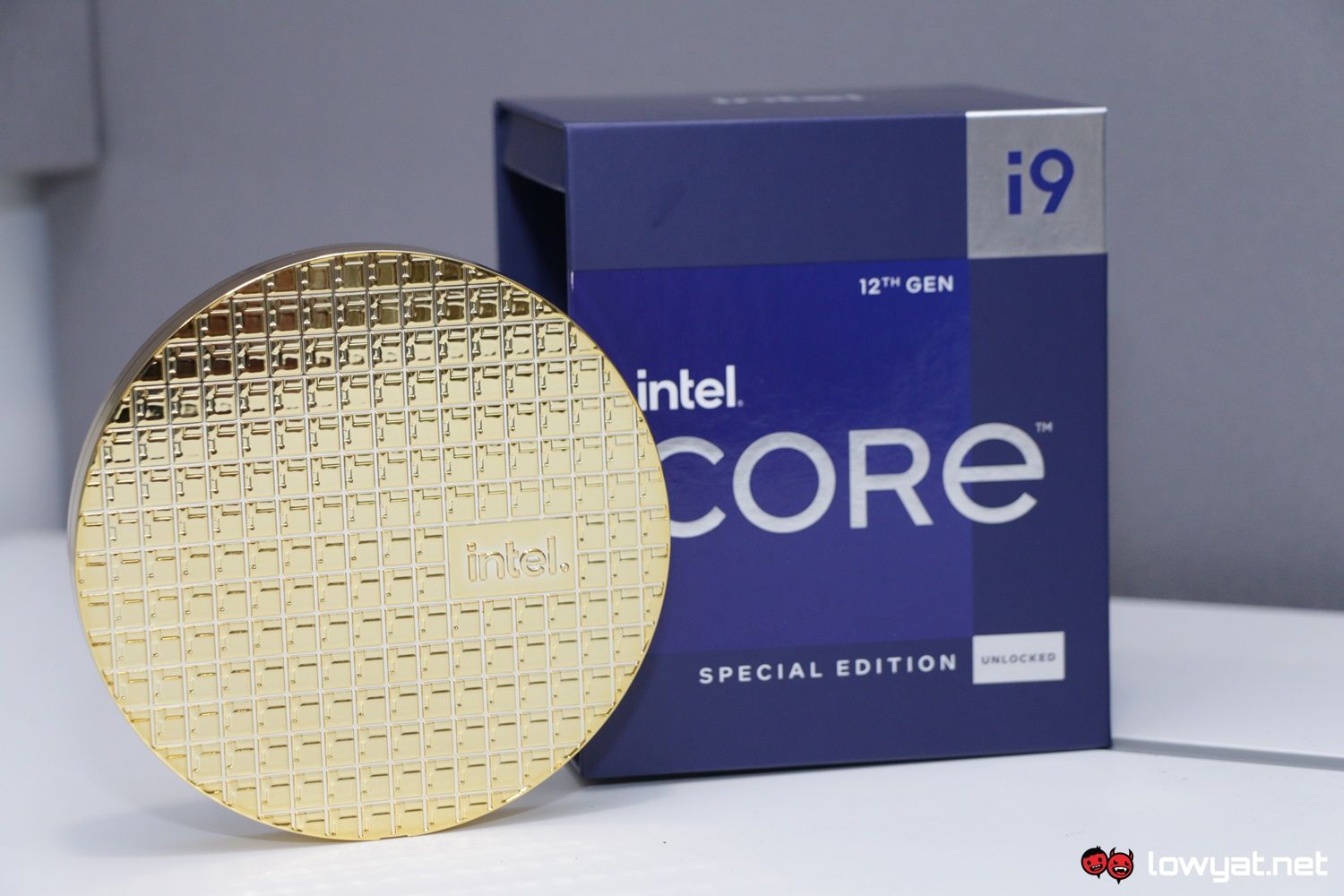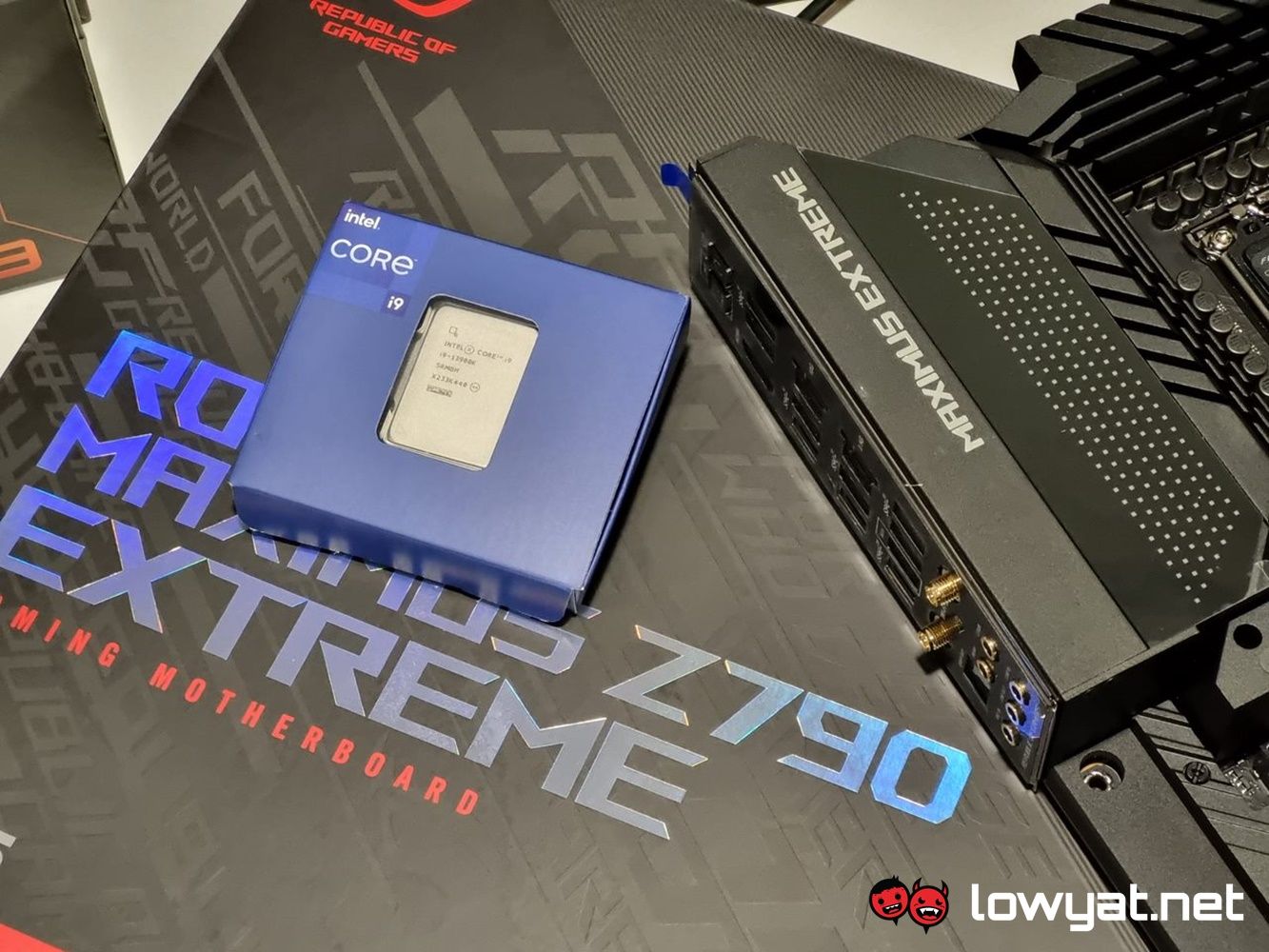Intel has put out a statement addressing the stability issues of its 13th and 14th Gen Core i9 desktop CPUs and from the sounds of it, the chipmaker is squarely placing the blame on the motherboard vendors for “not following Intel specs”.
The chipmaker says it is still validating the root cause of its CPUs running outside the recommended specs but basically, it is confirming that the majority of its Core i9 CPU stability issues stemmed from unlocked motherboards.
Intel has observed that this issue may be related to out of specification operating conditions resulting in sustained high voltage and frequency during periods of elevated heat.
Analysis of affected processors shows some parts experience shifts in minimum operating voltages which may be related to operation outside of Intel® specified operating conditions.While the root cause has not yet been identified, Intel has observed the majority of reports of this issue are from users with unlocked/overclock capable motherboards.
Intel has observed 600/700 Series chipset boards often set BIOS defaults to disable thermal and power delivery safeguards designed to limit processor exposure to sustained periods of high voltage and frequency, for example:
• Disabling Current Excursion Protection (CEP)
• Enabling the IccMax Unlimited bit
• Disabling Thermal Velocity Boost (TVB) and/or Enhanced Thermal Velocity Boost (eTVB)
• Additional settings which may increase the risk of system instability:
• Disabling C-states
• Using Windows Ultimate Performance mode
• Increasing PL1 and PL2 beyond Intel recommended limitsIntel requests system and motherboard manufacturers to provide end users with a default BIOS profile that matches Intel recommended settings.
As per our report earlier in the month, Korean PC gamers had begun returning their 13th and 14th Gen Core i9 CPUs in droves, due to an “insufficient video memory” issue that kept cropping up when playing Tekken 8. This error cropped up even though some of the systems were kitted out with top-notch hardware, such as the RTX 4090. At best, the game would just crash and shutdown but in the worst case scenario, their entire system would crash and require a reboot.
Intel’s statement also goes on to say that it will issue a public statement regarding issue status and a recommended BIOS setting next month.
(Source: Igor’s Lab)
Follow us on Instagram, Facebook, Twitter or Telegram for more updates and breaking news.



